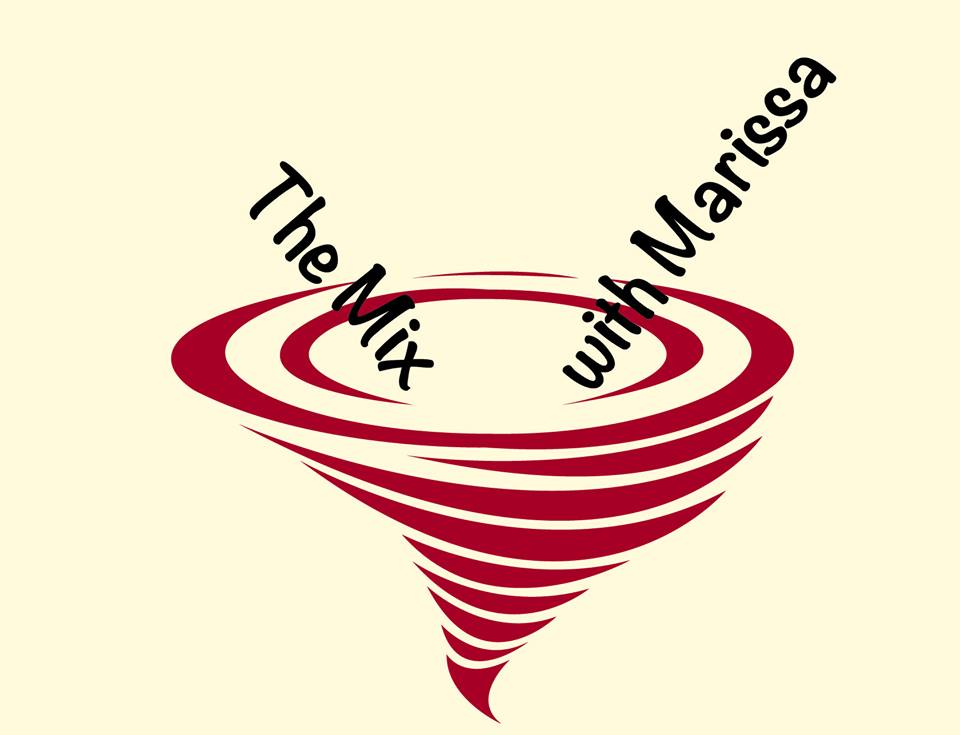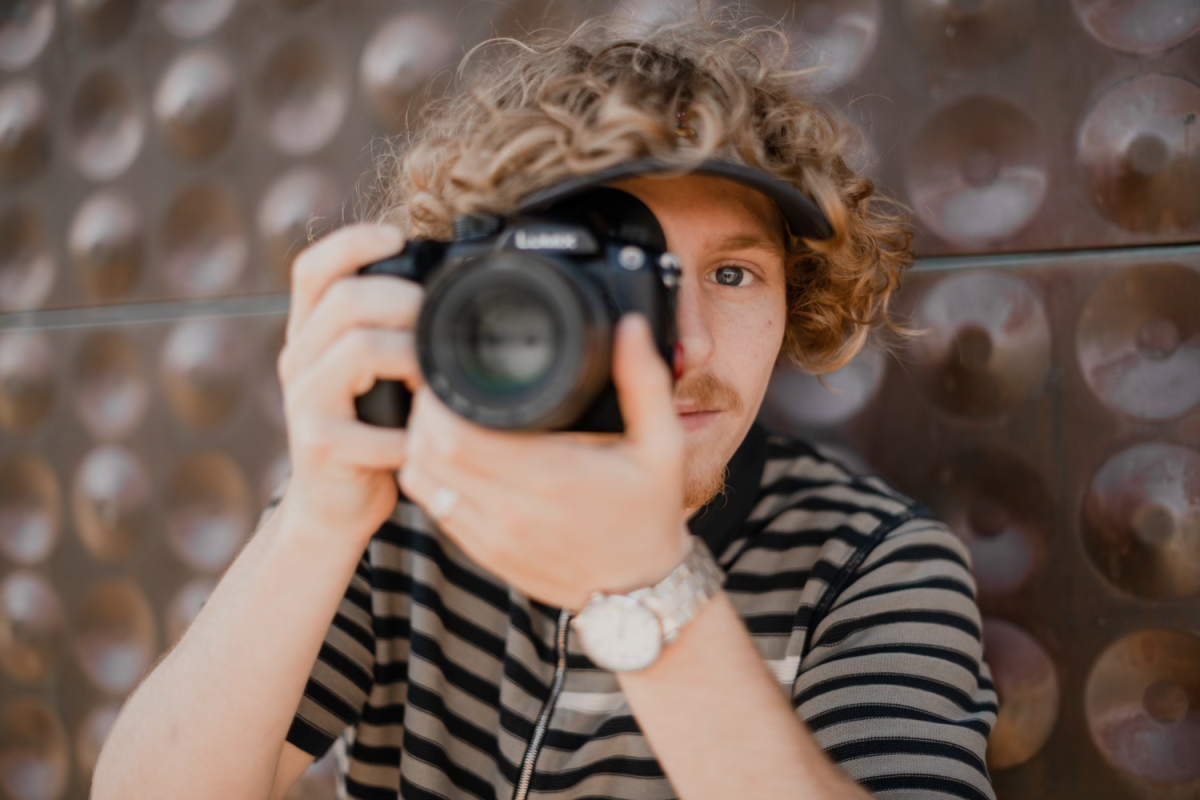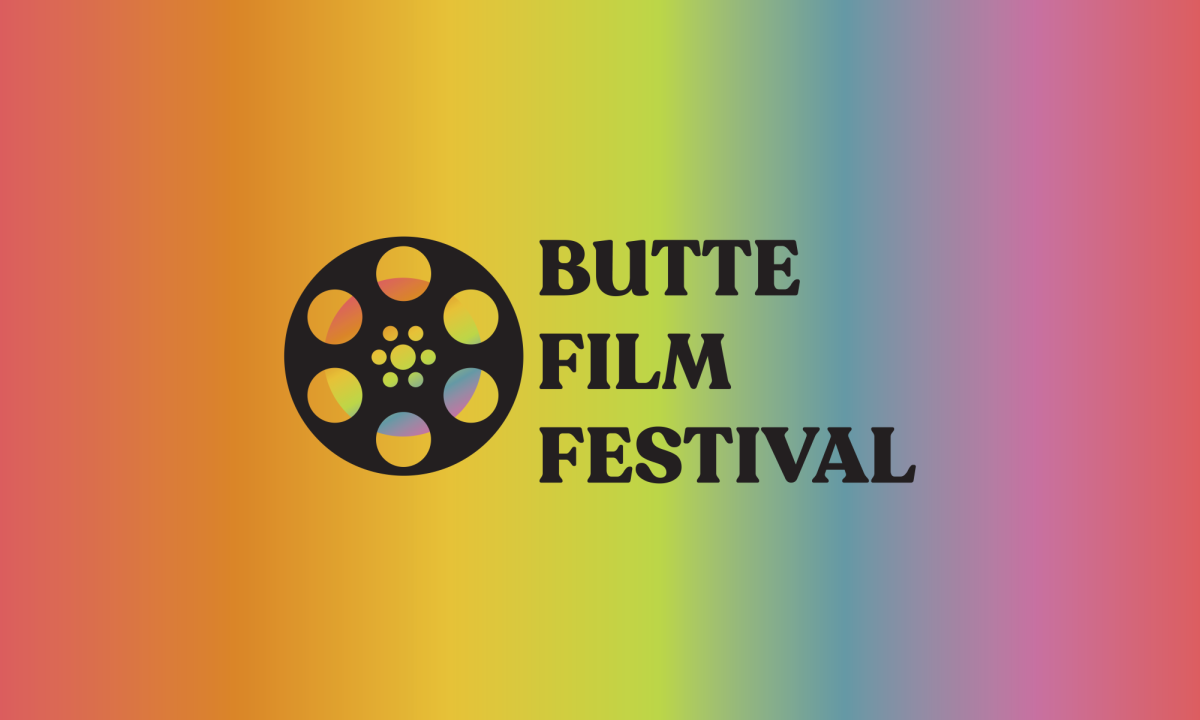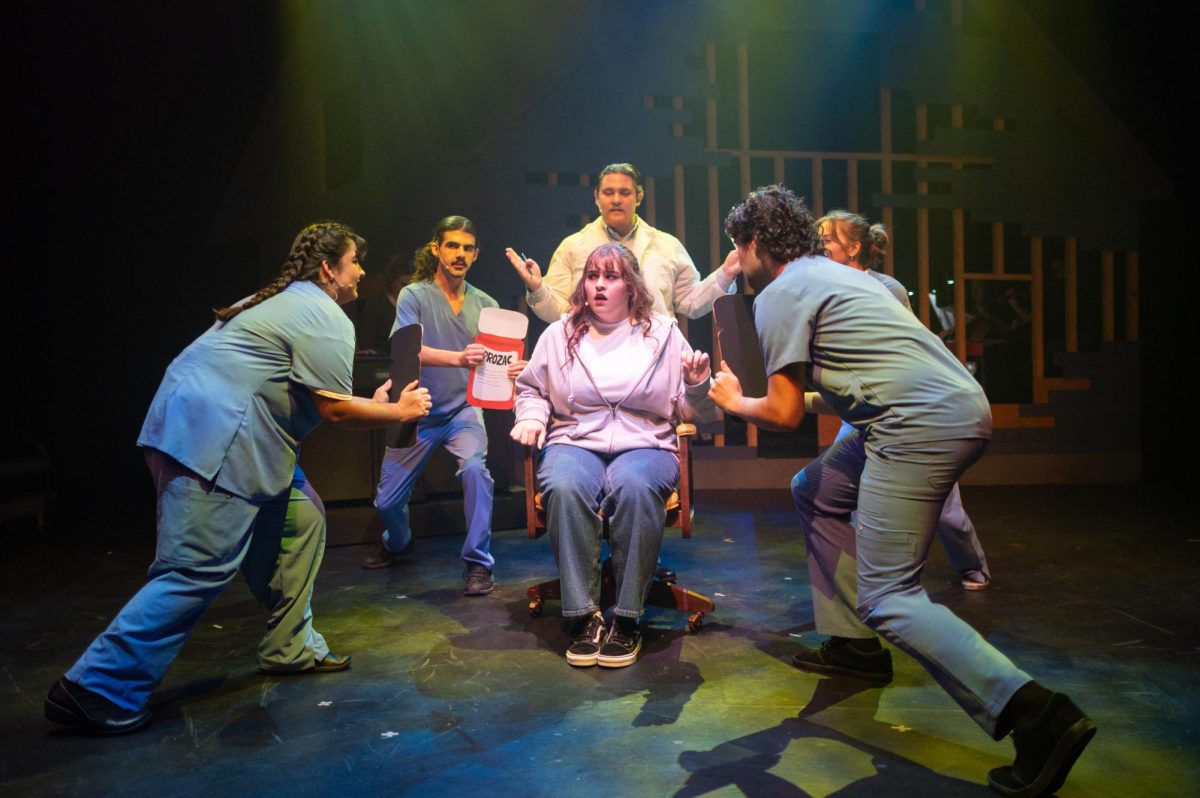
When I was back home in Malaysia last summer, I remembered one particular afternoon when my glove box popped open to look for the auxiliary cable. All my car rides were always accompanied by music.
As a child, papa would be snapping and whistling to a jazz station, and I would listen to The Corrs on repeat when mommy ferried me back and forth from track practice to gymnastics.
As I rummaged through the heaping mess, I found a stack of CDs tucked under my registration documents. I held the mirrored discs and couldn’t remember the last time I held a CD in my hand, much less one that was made by a previous significant other.
I held my breath as I popped it into the console, hoping the wear and tear it collected after sitting without a sleeve for God knows how long wouldn’t stop it from working.
Play.
When the first song played (an Anberlin song), I felt a wave of euphoria rush over me. Wow. I haven’t felt that in a while. Suddenly, the raw wounds of a high school breakup were resurfacing.
Do you remember the effort that goes into that perfect mix tape? First, there was the chore of locating the download source. After deciding if you were going to take the legal or illegal route, you had to think about the number of songs you needed to limit yourself to. Let’s talk about the amount of craft glue you put into that cover art too.
Rewind.
Now remember the burning pain you felt after waiting for that ONE song to come on for hours on end. How you triumphantly managed to stop the recording at the exact moment so you could cut off the DJ’s pesky voice — only to realize you’ve recorded over a used cassette tape.
It dawned upon me how intangible music has become. Besieged by other threats like Spotify, iTunes and Pandora, it’s no wonder commercial radio is fighting a losing battle.
With the digitization of everything, Internet radio stations take the liberty of analyzing your musical data to customize your listening experience. This allows us to play what we want, when we want.
When you listen to the radio, you can’t pick and choose who you want to listen to. And after listening for the fifth time in the last hour to Taylor Swift (bless her) telling you how she’s feelin’ — let’s not even go there right now. Being able to skip means we don’t have to listen to the same song over and over (and over and over again).
Pause.
But has that longing for personalization come with a price? It started off with tape recorders and then CD burners. With the invention of the iPod, music was not only personalized but was now portable too. Music customization was moving up the ladder so fast.
Fast forward.
Gone were the days when we had to intently listen for the announcer to disclose the name and artist of the song. At the click of a button, apps like Shazam figure it out for you.
The change in technology seems to try to dictate the rise and fall of the music industry medium giants.
I don’t think radio is completely dead. It may no longer be used for its primary purpose of listening to music but has continued to transcend the side effects of the technological switch. It’s convenient, free, doesn’t collect your data and grandma knows how to turn it on.
The last song was Lifehouse’s “I’ll Be” sung by Mr. Heartbreak himself. I recognized every bit of the tune, from the gentle background fuzz underneath his singing dotted with his subpar guitar strumming.
Maybe the reason why radio, cassette tapes and CDs will never be truly obsolete is because we cling to the thought of being able to offer some kind of personal connection. Something we continue to neglect as we immerse ourselves in our music.
Stop.
Marissa Iqbal Hakim can be reached at [email protected] or @daenamarissa on Twitter.








